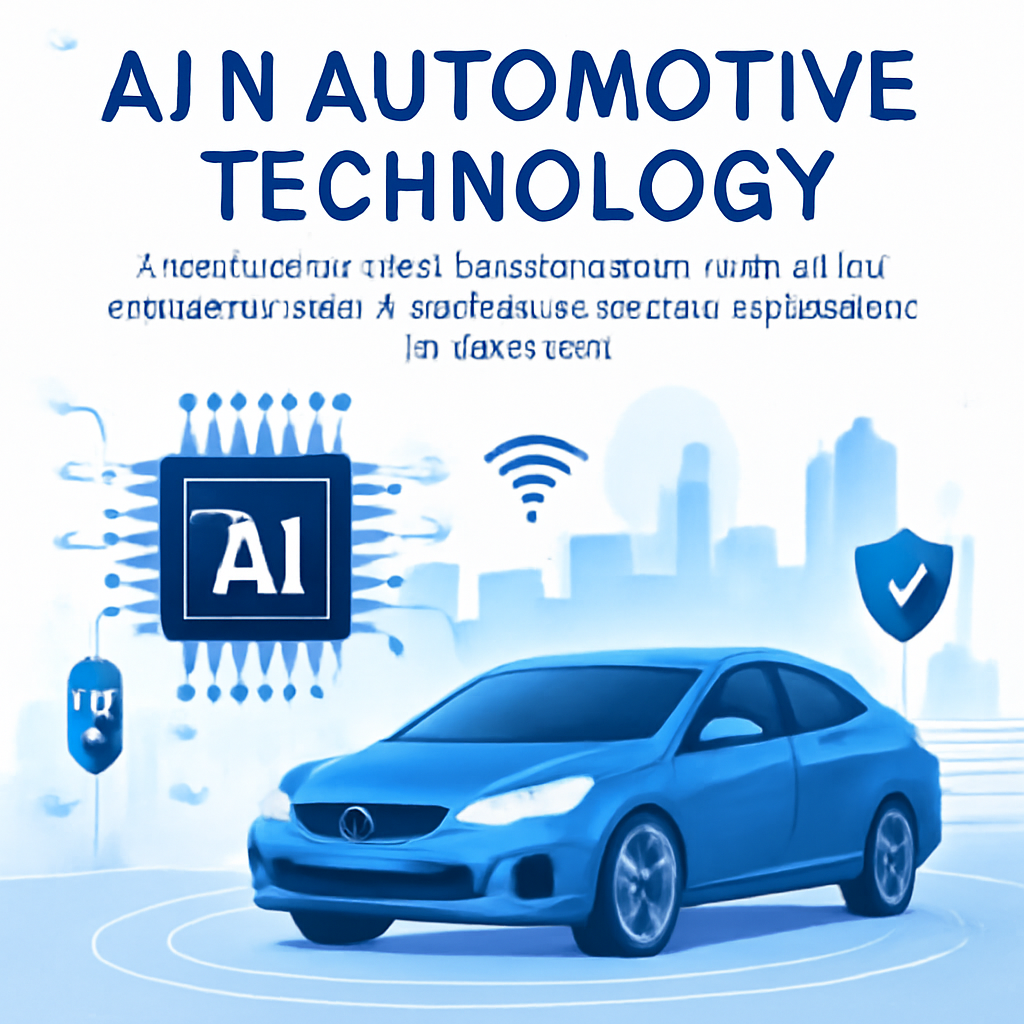Location
Mount Vernon, WA 98274
Location
Mount Vernon, WA 98274

As automotive technology evolves, the integration of artificial intelligence (AI) is reshaping the way we approach transportation. From smart traffic management to enhanced vehicle safety features, AI is at the forefront of creating a more efficient and sustainable future for mobility.
The automotive industry is undergoing a seismic shift as artificial intelligence (AI) becomes increasingly integrated into various aspects of vehicle design and transportation systems. This technological evolution is not just about developing smarter cars; it’s about rethinking how we move in urban environments. With cities becoming more congested and the demand for sustainable travel solutions rising, AI offers innovative ways to enhance mobility.
One of the most significant contributions of AI in automotive technology is its ability to analyze vast amounts of data in real-time. This capability is particularly useful in smart traffic management systems, which utilize AI to optimize traffic flow and reduce congestion. By analyzing patterns in traffic data, AI can predict peak congestion times and suggest alternative routes to drivers, thereby minimizing travel times and lowering emissions.
Furthermore, AI-powered systems are enhancing vehicle safety features. Advanced driver-assistance systems (ADAS) leverage AI to provide features such as lane-keeping assistance, automatic emergency braking, and adaptive cruise control. These technologies not only help prevent accidents but also contribute to a more relaxed driving experience. Recent studies indicate that vehicles equipped with such technologies have seen a significant reduction in collision rates, underscoring the importance of AI in improving road safety.
Moreover, as electric vehicles (EVs) gain popularity, AI plays a crucial role in optimizing battery management and energy consumption. Intelligent algorithms can predict the most efficient routes for EVs, taking into account factors like charging station locations and battery levels. This ensures that drivers can maximize their vehicle’s range while minimizing their environmental impact.
The future of mobility is also leaning towards the concept of Mobility as a Service (MaaS), where transportation options are integrated into a single accessible platform. AI can streamline this integration, allowing users to plan their journeys more conveniently, combining public transit, ride-sharing, and personal vehicle use seamlessly. This shift not only enhances user experience but also encourages the use of more sustainable travel options.
As we look ahead, the potential for AI in automotive technology is vast. Innovations in machine learning and data analytics are set to drive further advancements, making transportation safer, more efficient, and environmentally friendly. The challenge lies in ensuring that these technologies are developed and deployed responsibly, addressing privacy concerns and ensuring equitable access for all users.